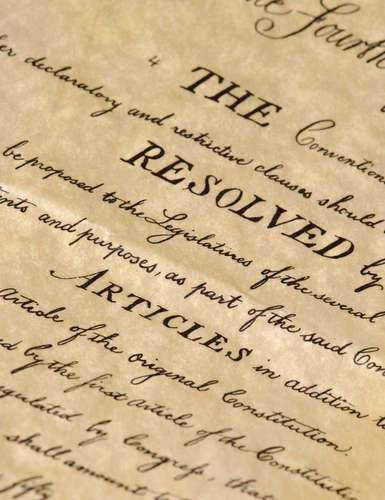
McKaskle v. Wiggins: Summary
The case of McKaskle v. Wiggins is a landmark case of the United States Supreme Court in which the legal system considered the role of standby lawyers in a criminal trial where the defendant conducted his or her own defense. In this particular matter, the defendant claimed his Six Amendment right to present his own case in a criminal matter was directly violated by the presence of a court-appointed standby lawyer.
McKaskle v. Wiggins: The Specifics
Carl Wiggins was on trial for Robbery and opted to defend himself before the court law. Mr. Wiggin’s defense strategy proved futile as he was convicted and sentenced to life in prison. This conviction was eventually overturned on the technicality that the conviction was defective. The case went to re-trial where Wiggins formally requested counsel for the second trial. In this case, the trial court appointed a standby lawyer to assist Wiggins if needed. Wiggins ultimately defended himself and asked that the standby lawyer be barred from interjecting in the legal matter. That said, Wiggins changed his mind several times regarding the standby lawyer’s role. Wiggins would sometimes would request or allow the standby lawyer’s participation in the trial.
Wiggins was once again convicted for robbery. Following his conviction, Wiggins requested a new trial on the grounds that his standby lawyer had interfered with his presentation of his own defense tactic. The motion was denied by the trial court but Wiggins filed a habeas petition in the Federal District Court. In this appeal, Wiggins claimed that the standby lawyer's ’conduct deprived him of his rights guaranteed by the United States Constitution. The rights that Wiggins brought up revolved the guarantee that he was allowed to conduct his own defense. The Federal Court agreed that his standby counsel should not interfere without permission but found that Wiggins’ attorney had not violated this relationship and had maintained proper actions while under trial.
This district ruling was ultimately reversed by the Court of Appeals. The court of Appeals held that Wiggins’ Sixth Amendment right to represent oneself was violated by the intrusive participation of the court-appointed standby lawyer.
McKaskle v. Wiggins: The Decision
In a split 6-3 decision the court in McKaskle v. Wiggins found that Wiggins’ right to present his own defense was not formally violated. The court ruled this way because Wiggins was allowed to make his own appearances as he wanted and that his standby lawyer’s unsolicited involvement was held within reason.
The ruling of McKaskle v. Wiggins was delivered by Judge Sandra Day O’Conner. The decision in McKaskle v. Wiggins was based on federal and state laws which preserved a defendant’s right to self-representation as guaranteed in a previous court case. Self-representation, as defined by the law, includes certain specific liberties for a defendant to have his own opinion heard.
McKaskle v. Wiggins set an important precedent for the boundaries on the behavior of standby lawyers by refining the position taken in the previous case (Faretta v. California) concerning the role of said counsel.































